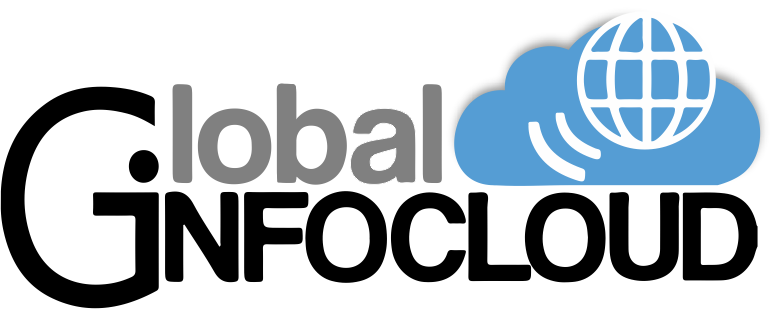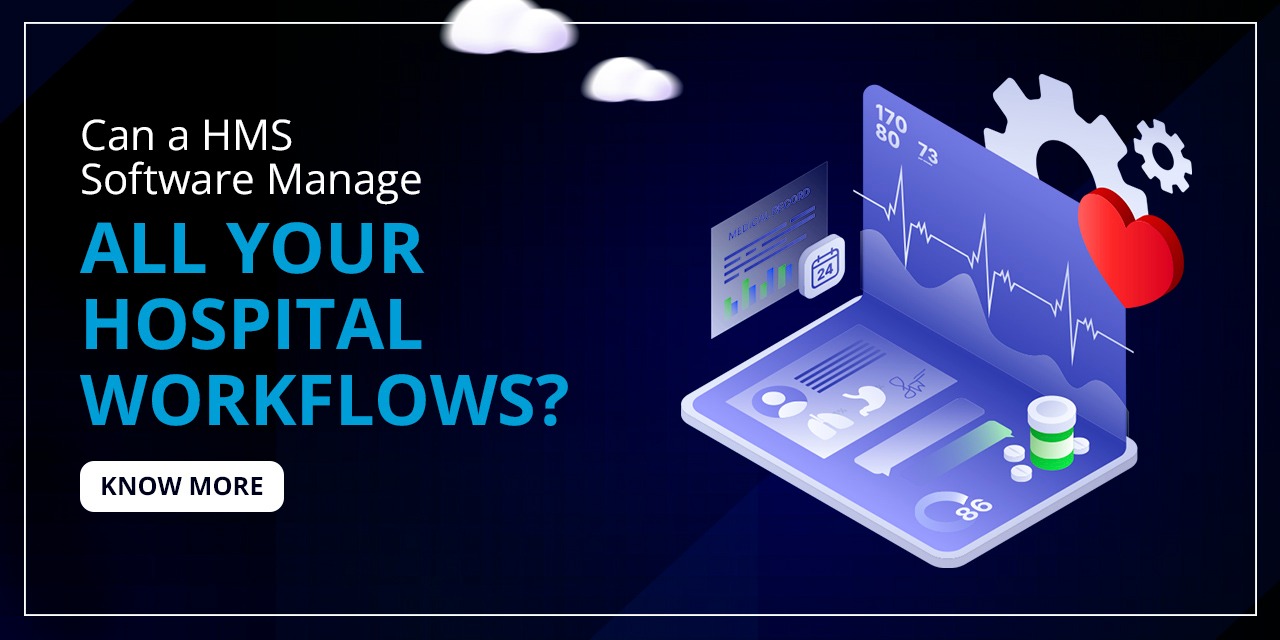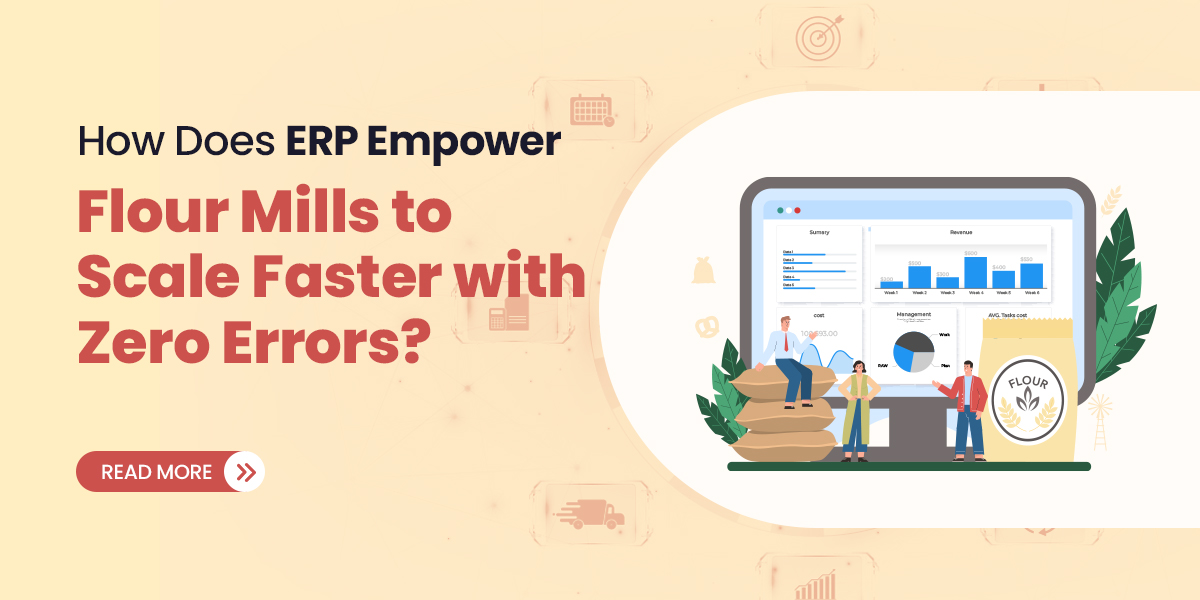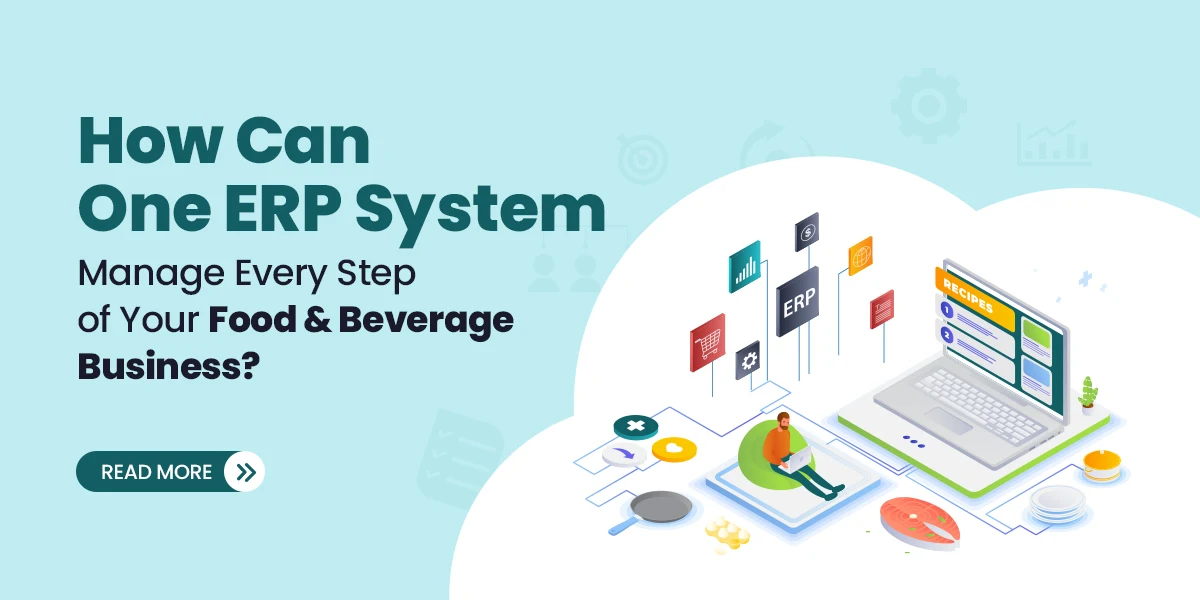Efficient management of hospital workflows is crucial in the ever-evolving landscape of healthcare. Hospitals are complex organizations with numerous departments, diverse staff, and several tasks. To provide quality patient care, seamless management of these workflows is essential. Hospital Management Software (HMS) has emerged as a solution that promises streamlined operations and improved efficiency. In this blog, we will explore the capabilities of HMS software and evaluate whether it can manage all your hospital workflows.
What is hospital management software?
HMS Software is a comprehensive system that integrates different operational aspects of a hospital. It includes modules such as patient registration, appointment scheduling, billing, electronic health records (EHR), inventory management, and more. The purpose is to automate processes, reduce paperwork, enhance accuracy, and improve productivity.
Aspects of Hospital Management Managed by an HMS
- Manages Patient Information
Managing patient information is one of the most crucial aspects of any hospital workflow. HMS Software centralizes patient records to ensure healthcare providers have immediate access to a patient’s medical history, prescriptions, test results, and other critical data. This accessibility improves decision-making, enhances patient safety, and boosts care coordination.
- Streamlining Appointment Scheduling
Scheduling appointments is crucial for any hospital or clinic. HMS software provides advanced scheduling tools, allowing staff to effectively manage appointments, allocate resources, and reduce wait times. Some HMS solutions also enable patients to book appointments online, increasing convenience for patients and staff.
- Revenue Management and Billing
Handling billing and revenue management in healthcare facilities is frequently complex and time-consuming. HMS software automates billing and generates accurate bills based on treatments, procedures, and services provided. It also tracks payments, monitors outstanding balances, and aids in the processing of insurance claims, ensuring hospitals receive timely payments and maintain healthy financials.
- Enhanced Communication and Collaboration
Communication and collaboration are essential for the smooth operation of health centers. HMS software enables smooth communication among employees, departments and external stakeholders. It has features such as messaging systems, task assignment tools, and notifications to keep everyone on the same page. Improved communication results in quicker decision-making and better patient care.
- Inventory and Resource Administration
It is critical to manage hospital resources, including medical supplies and equipment, to ensure that patient care is not at risk. HMS software keeps track of inventory levels, analyses usage patterns, and automates reordering processes. This avoids shortages, reduces waste, and ensures that necessary resources are always available when they are needed.
- Reporting and Compliance
Compliance with regulatory standards and the generation of accurate reports are critical components of hospital administration. By automating documentation processes and ensuring that the hospital complies with industry regulations, HMS software simplifies compliance management. It also generates detailed reports on various aspects of hospital operations, which provide valuable insights for strategic decision-making.
Conclusion
Choosing the right hospital management software (HMS) is crucial to streamlining your hospital workflows. With a well-implemented HMS system from Global InfoCloud in Pune, you can manage your hospital workflows, leading to improved efficiency, reduced errors, enhanced patient care, and a more successful healthcare facility. GIC offers robust HMS software at the best price. It provides adequate training for staff to harness the full potential of these software tools. By partnering with us, healthcare facilities can focus on providing high-quality, compassionate care for their patients, which truly matters.




